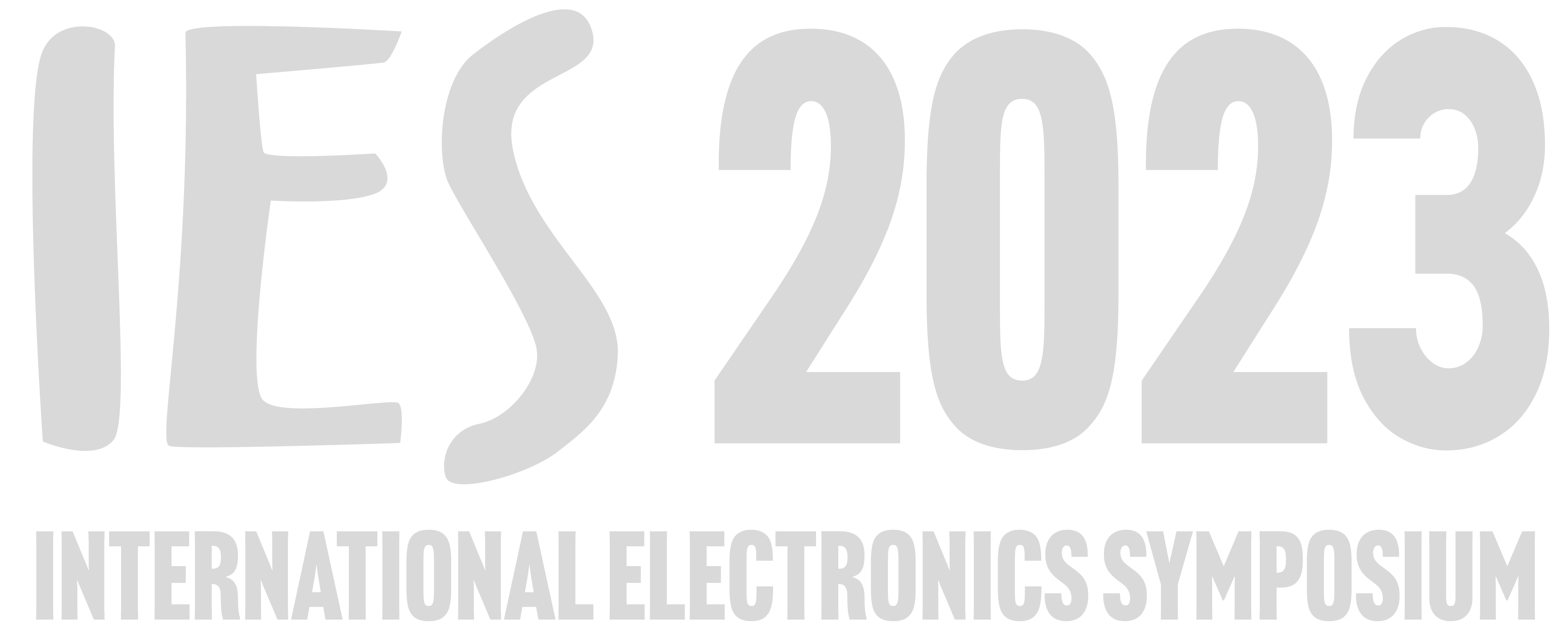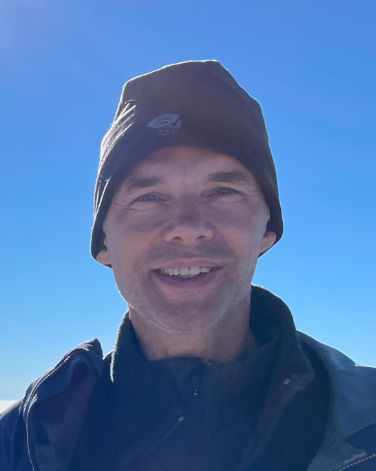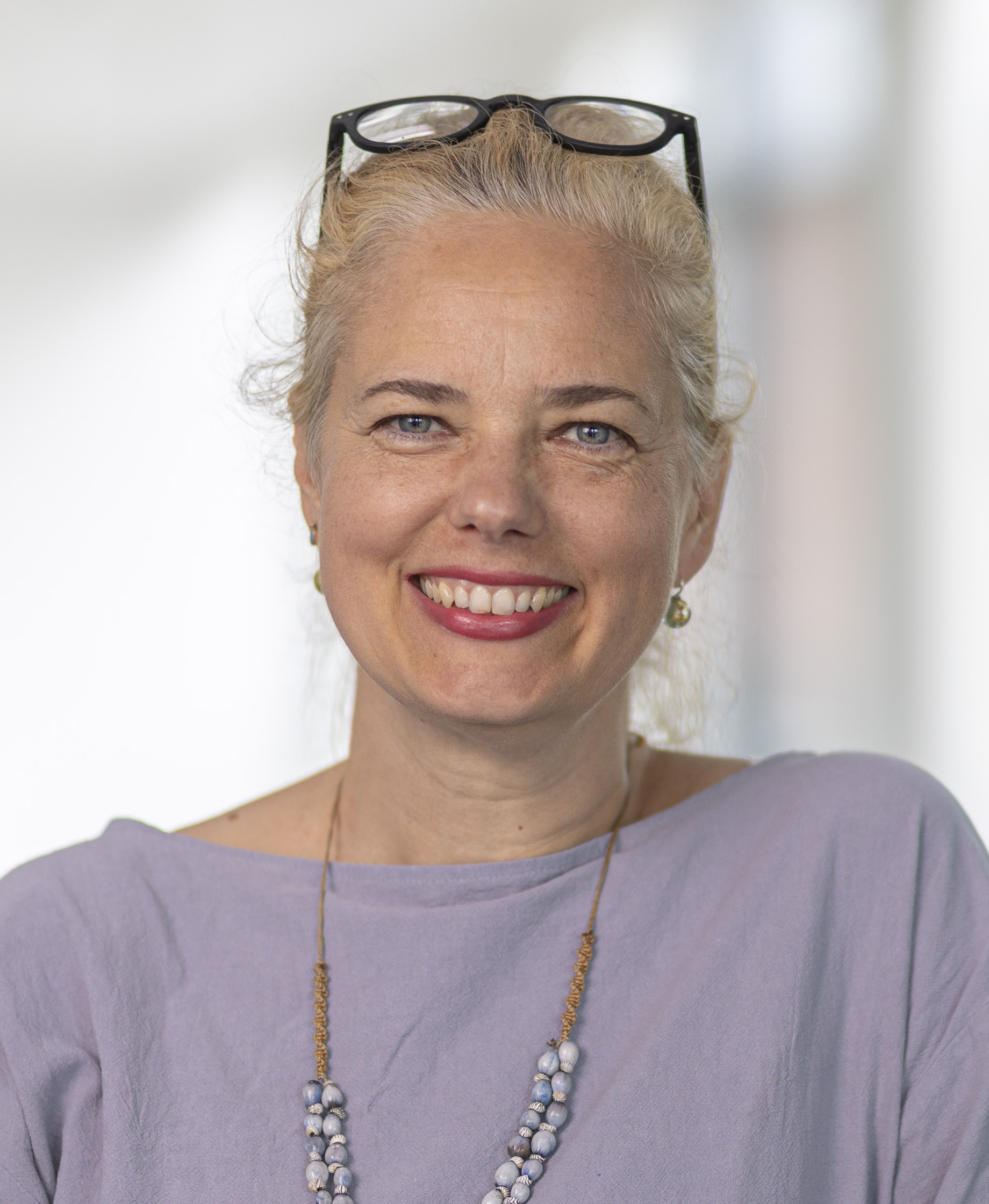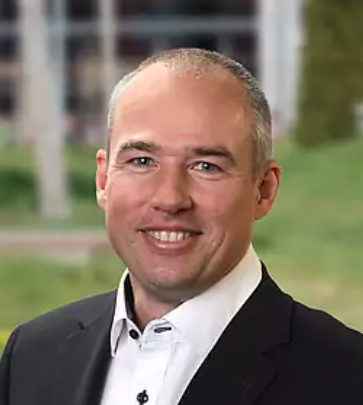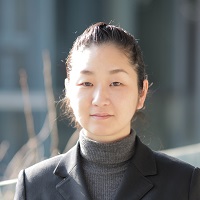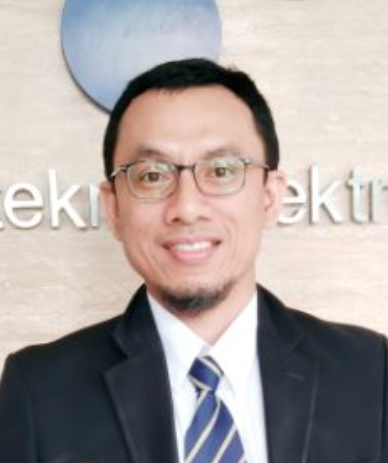Keynote Speakers
Keynote 1
Keynote 2
Keynote 3
Keynote 4
Keynote 5
Prof. Dr.-Ing. Gabriel Zachmann
Dr. Gabriel Zachmann is professor for computer graphics, visual computing, and virtual reality at University of Bremen, Germany. He is the head of the computer graphics lab since 2012. Before that, he established and headed the computer graphics group at Clausthal University, Germany, where he was a professor with the computer science department since 2005.
Prior to that, he was assistant professor with Prof. Reinhard Klein’s computer graphics group at Bonn University, Germany, and head of the research group (Nachwuchsgruppe) for novel interaction methods in virtual prototyping, which was funded by the DFG within the Emmy-Noether programme (“Aktionsplan Informatik”).
In 2000, Dr. Zachmann received a PhD in computer science, and in 1994 a Dipl.-Inform (MSc), both from Darmstadt University. He worked on his Diploma thesis during a half-year visit to the National Center for Supercomputing Applications (NCSA) in Urbana-Champaign, Illinois. He began his studies of computer science at Karlsruhe University.
From 1994 until 2001, he was with the Virtual Reality group at the Fraunhofer Institute for Computer Graphics in Darmstadt, where he carried out many industrial projects in the area of virtual prototyping. He also helped found a spin-off (VRCom) that maintains and further develops the VR-System, of which Dr. Zachmann was one of the principal architects during these years. Overall, he was one of the pioneers in Europe who helped develop first Virtual Reality applications for the automotive manufacturing domain.
In 2010, Prof. Zachmann became a Visiting Professor with the Nanyang Technological University, Singapore. From 2009 through 2014, he also served on the board of experts of the “Innovationsallianz Virtuelle Techniken (IA VT)”, which was established by the German Ministry for Education and Research (BMBF) within its IKT 2020 framework.
Dr. Zachmann’s research interests include geometric algorithms for computer graphics, in particular proximity computations and 3D acceleration data structures, massively-parallel algorithms on the GPU, virtual medical simulation, virtual twins, and virtual prototyping, algorithms in haptics and force-feedback, immersive 3D user interaction, immersive visualization, and others.
Zachmann has published many papers at international conferences in areas like collision detection, virtual prototyping, intuitive interaction, mesh processing, and camera-based hand tracking. He has also served on numerous program committees, as a reviewer for journals, conferences, and publishers, and as a referee for many PhDs, both national and international.
Each year, Prof. Zachmann serves on many international program committees and contributes actively to the organization of conferences such as IEEE VR and VisWeek.
He also served as expert reviewer for the EU to monitor an FP6 project, as a member of the review panel “Information and Communication Technologies” for the Cyprus Research Promotion Foundation (RPF), and on the Review Panel in the Human Brain Project for the Competitive Call for additional project partners. And, of course, he has also served as a reviewer for many funding agencies, such as the DFG (German Research Foundation), the Israel Science Foundation (ISF), the Austrian Science Foundation (FFG), and the Investitions- und Strukturbank Rheinland-Pfalz (ISB).
Keynote 1
Keynote 2
Keynote 3
Keynote 4
Keynote 5
Prof. Julia Schnitzer
Professor for Digital Media especially Interaction Design at Technische Hochschule Brandenburg,
Julia Schnitzer has been a professor of digital media at the Technical University of Brandenburg since March 2020. From November 2005 to February 2020 she was a professor of media design at the Mediadesign Hochschule in Berlin, in 2017 she was elected rector.
In addition to her teaching assignment, the communications designer runs the project berlindesign.net, a platform for Berlin designers, which was honored in 2009 by the then incumbent Federal President Horst Köhler as a “Place of Ideas”.
As a member of the steering group for creative industries of the Berlin Senate Administration, she was involved in several projects of the city of Berlin, including the development of Berlin as a “Creative City”. Since 2018 she has also been an external reviewer for the German Academic Exchange Service (DAAD).
Keynote 1
Keynote 2
Keynote 3
Keynote 4
Keynote 5
Prof. Dr. Paul Grimm
Prof. Dr. Paul Grimm is Professor for Expanded Realities at Darmstadt University of Applied Sciences. Before he has been Professor of Computer Graphics at the Fulda University of Applied Sciences (Dean 2013-2016) and Erfurt University of Applied Sciences.
After studying computer science and physics at TU Darmstadt, he worked as a research assistant at the Fraunhofer Institute for Computer Graphics. From 1997 to 1998 he was a visiting scientist at the National Center for Supercomputing Applications (NCSA) in Urbana-Champaign, USA. From 2009 to 2010 he did a research semester at Daimler Protics GmbH in the Virtual Engineering & Consulting division.
The research interests of Prof. Dr. Paul Grimm are simplification of the creation process for Virtual and Augmented Reality and he has pursued this in various national and international projects.
Keynote 1
Keynote 2
Keynote 3
Keynote 4
Keynote 5
Dr. Shiori Sasaki
Musashino University, Japan
Shiori Sasaki received her M.A. degree in Law & Politics in 1998 and Ph. D. degree in Media and Governance in 2010 from Keio University.
She has been an assistant professor of Graduate School of Media and Governance, Keio University from 2004.
Her research interests are in the field of Information Modelling, Knowledge Database, Multimedia Retrieval and Analysis, Cross-Cultural Communication, Information Visualization, Document Analysis, International Relations and Educational Technology.
She is currently involved in several national and international research projects.
Keynote 1
Keynote 2
Keynote 3
Keynote 4
Keynote 5
Professor M. Udin Harun Al Rasyid,Ph.D
Politeknik Elektronika Negeri Surabaya, Indonesia
Publication Topics
biomedical education, cloud computing, computer aided instruction, diseases, health care, teaching, Bluetooth,CAD, Internet, Internet of Things, artificial intelligence, augmented reality, body area networks, computational geometry, computer centres, condition monitoring, data analysis, data governance, distance learning, educational institutions, feature extraction, leak detection, learning (artificial intelligence), mechanical engineering computing, medical computing
received the B.Sc. degree in the Informatics Engineering Department from Sepuluh Nopember Institute of Technology (ITS), Indonesia, in 2004 and the Ph.D. degree in Computer and Communication Network Program, College of Electrical Engineering and Computer Science (CECS) from National Taiwan University of Science and Technology (NTUST), Taiwan, in 2012. He is currently an Associate Professor at Informatics and Computer Engineering Department, Politeknik Elektronika Negeri Surabaya (PENS), Indonesia. He heads the research group of EEPIS Wireless Sensor Networks (EWSN) PENS. His Research Interest is mainly in Wireless Sensor Network (WSN), Wireless Body Area Network (WBAN), Internet of Things (IoT), and Web Technology.
TRACKS
IES-ETA
International electronics Symposium on Engineering Technology and Applications
Join us in International Electronics Symposium on Engineering Technology and Applications (IES-ETA) 2023. The symposium is focusing on practical application of science and engineering to a wide range of real world problems, delivering the engineering technology from laboratory to marketplace. IES-ETA 2023 brings technology and business leaders, experts from academia, and government together to materialise the ideas. On behalf of our symposium organizers we warmly invite you to submit your full paper and participate in this exciting international event.
Topics of interest
Power engineering and Energy Technology
- Power Quality and Electromagnetic Compatibility
- High Voltage Engineering and Insulation Technology
- Power Generation Technology
- Power System Dynamic, Stability and Control
- Power System Protection, Reliability and Security
- Electric Power Transmissions and Distributions
- Power Electronic Converter Topologies, Design and Control
- Switch-Mode Power Supplies and UPS
- Electric Drives and Electrical Machines
- Renewable Energy and Smart Grid Technology
- Energy Storage System and Technology
Telecommunication Engineering Technology
- Electromagnetic Compatibility
- Electromagnetic and Radio Propagation
- Wireless and Mobile Communications
- Telecommunication, Propagation and Networking
- Computational Electromagnetics and Electromagnetics Simulation Technology
- DSP real-time encoding technology and signal Embedded Systems
Electronics Systems and Electrics Technology
- Biomedical Engineering
- Microelectronic Circuits and Systems
- Measurement and Instrumentations
- Nano Technology
- Micro-Electro-Mechanical System
- Sensor, RFID, and Electronic Design
- Material and Device
- Vehicular technology
Robotics Technology and Control Systems
- Robotic Vision
- Intelligent Robotics
- New Mechanism and Mobility
- Networked/Ubiquitous Robotics
- Disaster Robotics
- Humanoid Robot
- Service Robotics
- Nano/Micro Robotics
- Surgery Robot
IES-KCIC
International Electronics Symposium on Knowledge Creation and Intelligent Computing
Knowledge creation is becoming more important topic for researchers and users in academic, management and industrial fields. The term has been widely used for the last couple of years, and refers to the formation of new ideas through interactions between explicit and tacit knowledge in individual human mind. To realise knowledge creation in real life, it is essential to transform human mind into computation in order to extract potentially useful information from data and create valuable knowledge. The use of intelligent techniques in computing-related fields can be useful to retrieve meaningful result in automated processes for knowledge creation.
Past Conferences
- KCIC 2012, Surabaya, March 13-14, 2012
- KCIC 2013, Bali, March 20-21, 2013
- KCIC 2014, Malang, March 25-26, 2014
- KCIC 2015, Surabaya-Bali, March 24-26, 2015
- KCIC 2016, Manado, Nopember 15-17, 2016
- IES-KCIC 2017, Surabaya, September 26-27, 2017
- IES-KCIC 2018, Bali, September 26-27, 2018
- IES-KCIC 2019, Surabaya, September 26-27, 2019
- IES-KCIC 2020, Surabaya, September 29-30, 2020
- IES-KCIC 2021, Surabaya, September 29-30, 2021
- IES-KCIC 2022, Surabaya, September 9-11, 2022
Topics of interest
Immersive Technology and
- Interactive Digital Media
- Virtual engineering
- Digital twin technology
- Immersive digital experiences
- Pervasive game technology
- Gamification
- Audio and video technology
Knowledge Base and Engineering
- Information modelling
- Knowledge acquisition and accumulation
- Knowledge discovery
- Knowledge management
- Information systems and applications
- Human-computer interaction and Modelling
- Intelligent optimization
Intelligent Multimedia Systems
- Multimedia modelling
- Multimedia computing systems and applications
- Intelligent multimedia analysis and processing
- Web intelligence
- Web-based support systems
- Multimedia information retrievals
Computational Intelligence
- Learning and adaptation
- Perception and learning
- Emotion modellin
- Cognitive sciences
- Probabilistic and reasoning computation
- Reinforcement learning
- Statistical methods and data mining
- Pattern recognition
- Artificial intelligence and soft-computing
Applied-Computing Sciences
- ICT-based environmental studies and computations
- Social-based computing model and analysis
- Social media engineering
- E-Learning and educational computation
- Cross-cultural computation and modelling
- Disaster management computing and support systems
- Medical computing analysis and applications
- Robotics computing model and applications
- Intelligent text processing and Computational linguistics
- Linguistic knowledge modelling and representation
WORKSHOPS
Artificial Intelligence (AI) & 5D World Map System
Learn AI in an interesting way with experts and hands-on method.
CFD OpenFOAM
The workshop contains of introduction to CFD and simulating CFD using OpenFOAM. The OpenFOAM workshop is suitable for CFD beginners as well as experts who are keen to solve CFD cases using an effective procedure.
INDUSTRY EXHIBITION
Your content goes here. Edit or remove this text inline or in the module Content settings. You can also style every aspect of this content in the module Design settings and even apply custom CSS to this text in the module Advanced settings.
BALI DAY TOUR
Your content goes here. Edit or remove this text inline or in the module Content settings. You can also style every aspect of this content in the module Design settings and even apply custom CSS to this text in the module Advanced settings.
